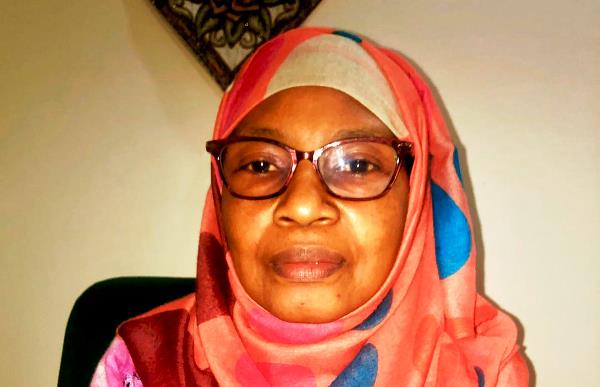
Fauzia Mwita Haji
By Aimable Twahirwa;
A senior official of the African Development Bank (AfDB) says she
hopes empowering women enterpreneurs in developing clean energy access project in Rwanda would provide the greatest impetus in improving
business productivity.
According to the Rwanda’s Country Manager of AfDB, Haji Fauzia Mwita some existing electricity projects carried out in Rwanda have so far enabled women to set up cooperative and expanded their existing businesses.
Ms. Mwita said in an exclusive interview that there are still many
things to accomplish as the main issues identified by the bank for
lack of clean energy access for women are last mile connectivity and
credit access.
“Clean energy access matters because of its multiplier effect to
several sectors of the [Rwanda] economy, said Mwita.
During the implementation of the projects, the bank has partnered with
the Rwandan government in various projects in the generation,
transmission, distribution of offgrid solutions including the solar
home systems in Western and Southern Provinces that are currently with
the lowest rates, according to official estimates.
According to the senior bank official,yet Rwanda doesn’t have big
successful female enterpreneurs in the energy sector like it is the
case in other parts of the works such as Asia, a growing number of
Rwandan women are slowly being involved in the operation of power
plant and energy eco-system.
These electricity projects, according to Mwita, have greatly
benefited women, allowing them to set up cooperatives and expand their
existing businesses especially in milk collection center, crops and
artisan businesses etc.
The official noted that yet energy initiatives that have a
gender-specific focus are not receiving adequate financial support in
Africa, there is still a need to ensure that effective gender
mainstreaming are taken on board.
Currently the Bank is working with energy companies where by the
provision also target secondary out beneficiaries including children
in families that are able to carry out their education as they deal
with their school activities such as homework and revision.
“This represents a relief to mother who hold the responsibility for
child care”, said Mwita. (End)
